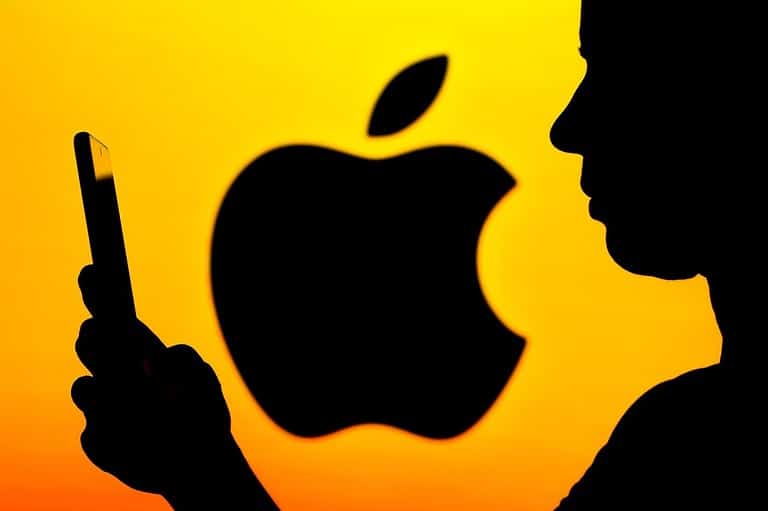Apple is working on proprietary data center chips. Codenamed Project ACDC (“Apple Chips in Datacenter”), the company is making the same choice as hyperscalers Amazon, Google and Microsoft.
According to The Wall Street Journal, investors are not too happy with Apple’s slow AI approach. Now that Apple’s AI plans are finally gaining some momentum, they will be a bit more reassured. Earlier, those plans seemed limited to implementation on iPhones, iPads and Macs, even allowing Google to act as a software supplier. It appears ambitions are far bigger than that.
Project ACDC
Project ACDC has been years in the making. Apple is working with its chip supplier TSMC to make the chip a reality, WSJ reports. It is unknown if Apple will ever actually announce the chip, as it plans to use the hardware only for its own data centers. In fact, it is not even sure if enough progress has been made to create the processor anytime soon.
Should the chip see the light of day, Apple is entering familiar territory for other major tech players. Google has long been designing TPUs (Tensor Processing Units) for AI workloads, while Amazon is deploying Arm chips for more general purpose tasks on AWS. Much is known about the architecture and capabilities of these processors, so Apple’s secrecy around its chip would be somewhat unusual. Regardless, Microsoft is also working on its own design, which it will have Intel make. With Microsoft, it is not even known what it will be used for: data centers or Surface laptops are the two most likely options.
Apple wants to offload AI
The fact that Project ACDC has been around for some time shouldn’t surprise anyone. Apple has had experience with AI acceleration for years. When the company launched the iPhone X in 2017, it was powered by the A11 Bionic. This System-on-a-Chip already included a Neural Engine, which completed various AI tasks optimally and efficiently. Those tasks did not involve chatbots or AI images, but voice recognition, video analysis and image processing, among other things.
Offloading heftier AI tasks to the cloud seems necessary for now. Although the first “AI PCs” are set to appear this year, their AI performance is far from stunning. Don’t expect ChatGPT with GPT-4-Turbo on local devices, including iPhones. That means hardware brands like Apple need to invest in cloud resources to leverage more impressive AI workloads from users. Samsung is already doing that for its most recent Galaxy phones (S23 and S24 series), and it’s free for now. However, the running costs for Samsung are likely to be astronomical, making AI services a potential pay-to-use offering by 2025.
In short, Apple has plenty of reason to build its own chips. Nvidia cannot meet the high demand for AI hardware and certainly not in the short term. Supplier TSMC may also count as a bottleneck for both Nvidia and Apple. The difference is that Apple has already been prioritized several times, and it’s known to sign very lucrative deals with the Taiwanese chipmaker. For example, the iPhone 15 series is currently the only consumer hardware to deploy the latest generation “N3” (3-nanometer) chip process.
Also read: Apple set to announce AI plans: what do they entail?
